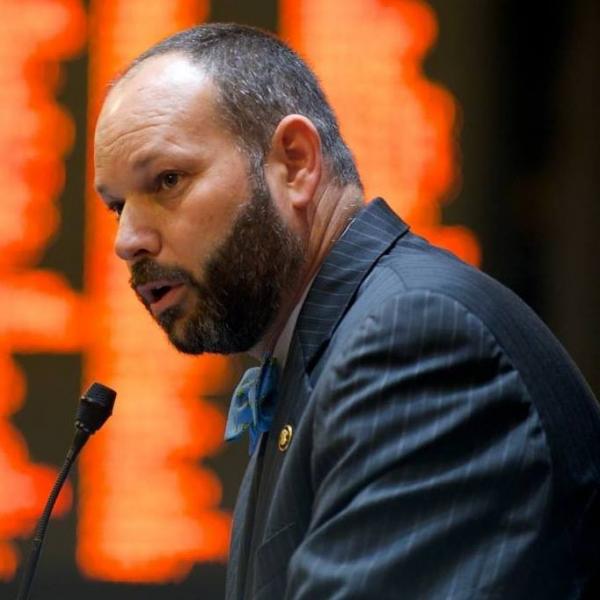
During this year’s state legislative session, South Carolina lawmakers were confronted with a number of important and contentious issues. Between solar subsidies and looming questions about how to handle a failed state-sponsored nuclear project, utility regulations were among the most controversial topics touched by legislative action. Throughout these debates, Representative Brian White (R-Anderson) has been a voice of reason and worked to protect taxpayers from subsidies and big government energy mandates that drive up costs of electricity in the Palmetto State.
A series of bills this year sought to raise or completely eliminate the cap on the number of homes that can have rooftop solar for electricity generation. The importance of this debate revolves around the complex set of government benefits that are given to rooftop solar, ranging from a federal 30 percent tax credit and in some states, a payment scheme that forces traditional electricity consumers to subsidize solar consumers’ use of the energy grid.
One bill in particular was problematic, House Bill 4421. The misnamed “SC Electric Consumer Bill of Rights” abolished the 2 percent net metering cap, exempt small solar projects from property taxes, prevented utility companies from recovering costs associated with grid use from rooftop solar free riders, and forced utility companies to pay rooftop solar consumers more money for their excess energy generation than it costs them to generate the energy themselves.
Americans for Tax Reform expressed strong opposition to this legislation, noting that it took a big step backwards for a favored electricity source by forcing most of the market to subsidize solar use.
Because this bill involved a property tax provision, passage required a two-thirds vote. On April 10, the bill failed when it did not get the necessary supermajority for passage. This was achieved due in part to the leadership of Rep. Brian White, who has questioned the claim that solar subsidies are somehow “conservative” and explained publicly that the complex scheme pushed by the environmental Left in South Carolina is paid for by somebody else.
Too often, fiscal sanity is absent in state debates about solar power and the complicated entanglement of government incentives, subsidies, and impact on consumers. The cost-shifting inherent in many net metering systems often favors wealthy homeowners to the detriment of low and middle-income taxpayers. In the midst of the often contentious solar and utility debates this year, ATR applauds Representative Brian White’s leadership.

